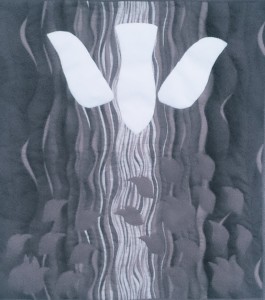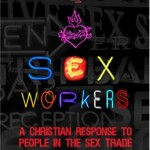I spent the weekend at a seminar on Healing and Rebuilding Our Communities. During one of the HROC sessions, we listed the consequences of trauma. One group came up with scapegoat as a consequence. Dictionary.com defines scapegoat, “a person or group made to bear the blame for others or to suffer in their place.” The concept originates in the Bible, in Leviticus 16, where it says:
When he has finished atoning for the holy place and the tent of meeting and the altar, he shall present the live goat. Then Aaron shall lay both his hands on the head of the live goat, and confess over it all the iniquities of the people of Israel, and all their transgressions, all their sins, putting them on the head of the goat, and sending it away into the wilderness by means of someone designated for the task. The goat shall bear on itself all their iniquities to a barren region; and the goat shall be set free in the wilderness.
This is set in the context of the Day of Atonement, or Yom Kippur. God has decreed that on this day, there will be no work, and that sin offerings will be made by the high priest (Aaron, at the time) in the Temple and with the people, of both bulls and goats.
So the community has sinned. And in order to receive forgiveness and to give forgiveness, they must have a scapegoat. The purpose of the scapegoat is healing.
If a scapegoat is the consequence of trauma, what trauma have the Hebrew people faced?
Hmm. Slavery in Egypt? Watching the deaths of Egyptians, and really causing them, through plagues, pestilence, and drowning? Loss of their own people? Some of their own had betrayed the Hebrews by working for the Egyptians. Even leaving Egypt has left many of them traumatized. Egypt, even with forced slavery, was the only home many of the Hebrew people knew.
And then there’s their own sin. They turned away from God while Moses was on the mountain receiving the Ten Commandments.
So these were not just jerks in the desert. They were not just whiners, “We’re tired of this food! We had things better in Egypt!” They are a community of people who have been traumatized and who are in need of healing.











